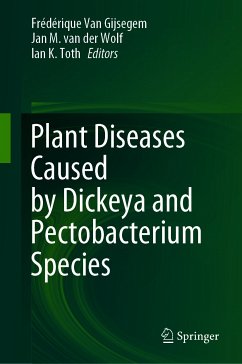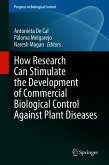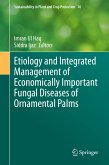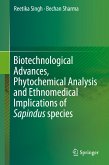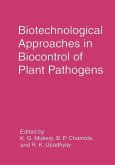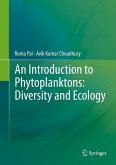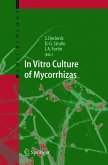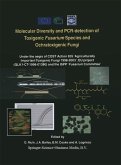This book provides a detailed review of many different aspects of pathogens, from the effects of single base pair mutations to large-scale control options, bringing into a single volume over 100 years of findings from thousands of researchers worldwide. Diseases caused by soft rot Pectobacteriaceae (SRP) are a major cause of loss to crop, vegetables and ornamental plants worldwide, and have been found on all continents except Antarctica. While different aspects of the SRP have appeared in other books on plant disease, no book, until now, has been dedicated solely to them.
Dieser Download kann aus rechtlichen Gründen nur mit Rechnungsadresse in A, B, BG, CY, CZ, D, DK, EW, E, FIN, F, GR, HR, H, IRL, I, LT, L, LR, M, NL, PL, P, R, S, SLO, SK ausgeliefert werden.

